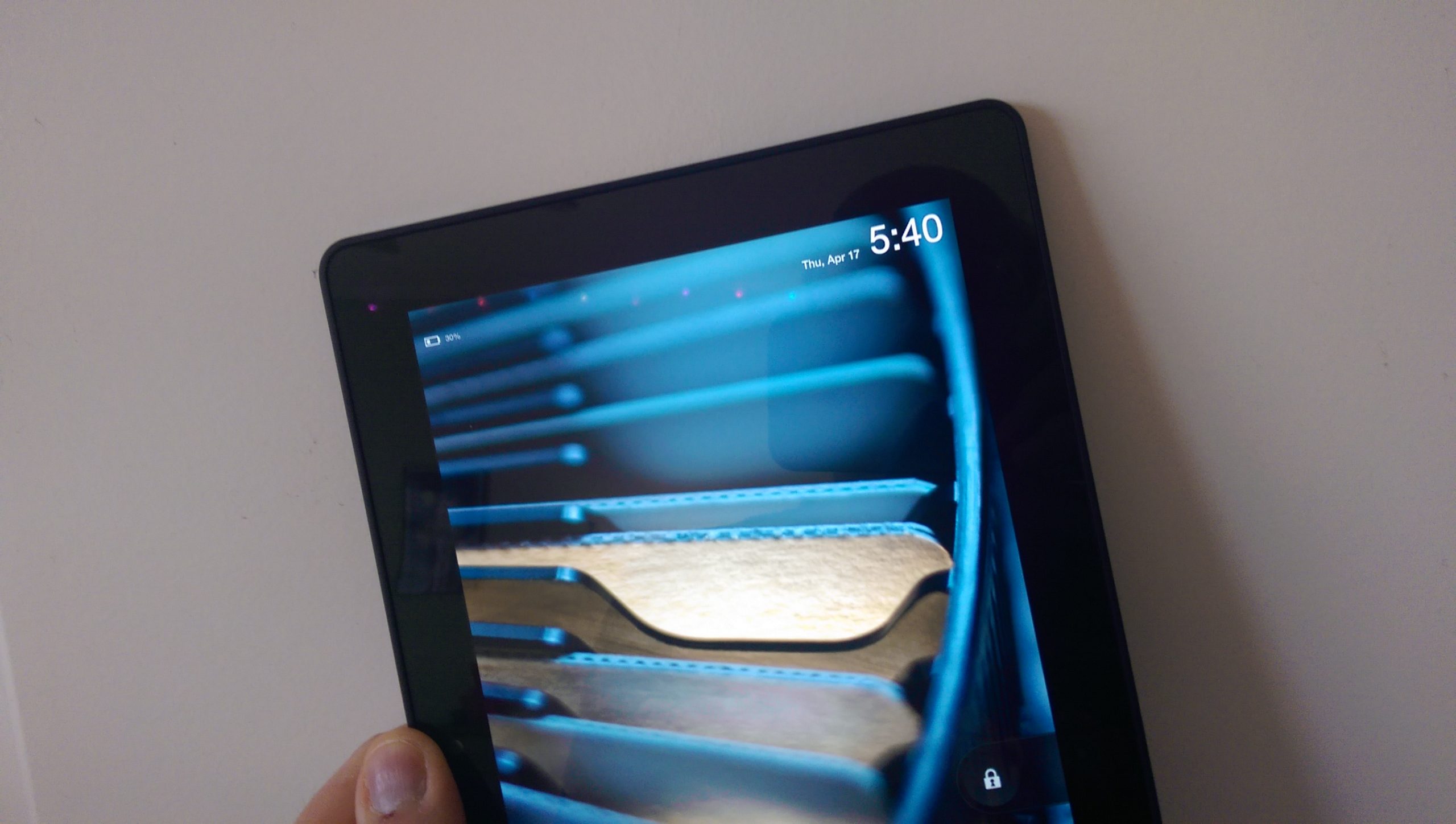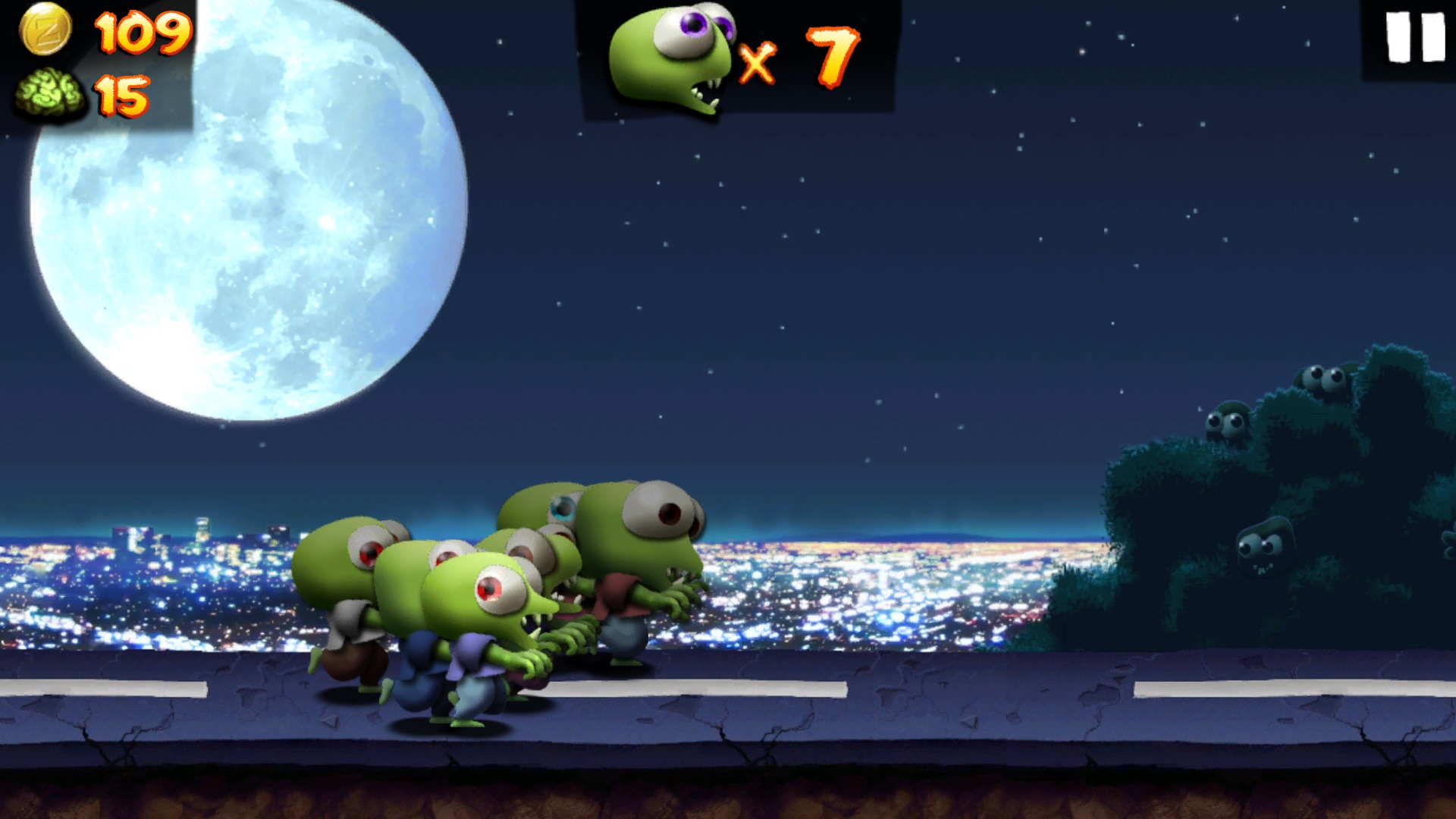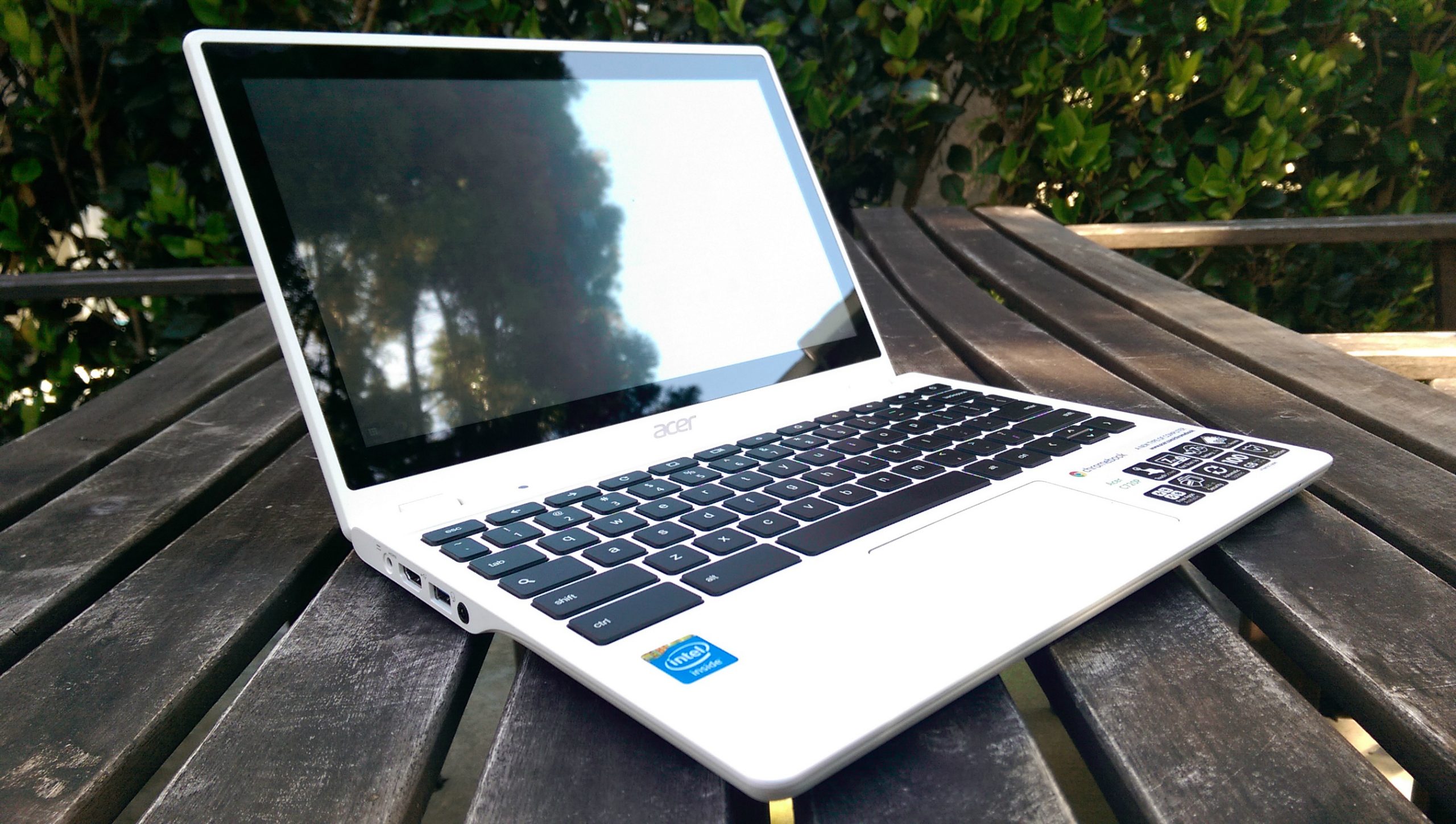
Troubleshoot application launch issues with WinPrefetchView
Prefetching is an excellent Windows technology which records the files loaded when an application starts, helping the system to optimise their launch times in future.
Normally this all happens entirely in the background. But if you’re having launch problems with a particular application, or you just want to better understand how your PC works, then NirSoft’s WinPrefetchView might be able to help. (As long as you’re not using an SSD, anyway – prefetching is unnecessary and, probably, disabled.)

Compress your JPEGs by up to 20 percent with wxPackJPG
JPEG compression is amazingly efficient, but while this is normally good news, it’s a little disappointing when you’re archiving. Store your JPEG library in a zip file and you’ll barely cut their size at all.
Choose a more specialist compression format, though, and the results can be very different. WxPackJPG is a graphical front end for the open-source PackJPG. It claims to compress JPEGs by up to 20 percent.

Explore hidden Windows icons and bitmaps with NirSoft’s ResourcesExtract
The software you run on a PC may be packaged in several different formats: EXE, DLL, CPL and so on.
These file types aren't just for executable code, though. They can also contain resources for the program can call on, as required: icons, bitmaps, cursors, videos and more.

The most popular stories on BetaNews this past week: April 13 -- April 19
It's nearly a week since Microsoft ended support for Windows XP, but there are still around a quarter of Avast customers who plan on sticking with the old dog a little longer. What is perhaps more shocking is the revelation that over one fifth of those surveyed had no idea that support was coming to an end! For those living more on the cutting edge, good news came for Chrome users who found that their browser of choice gained support for Office Online. Microsoft may be leaving users of Windows XP out in the cold, but this is to be expected after so long. Users of Windows 8.1 who have opted to forego the pleasures of installing the recently released Update will find that their operating system is also not supported, as no further security updates will be made available until the confusingly named Update is used to update Windows 8.1 to Windows 8.1 Update. Got it? Good! Some business users who had trouble grabbing the download have been granted slightly longer.
Post Build, following Microsoft's announcements about universal apps for Windows 8.1 and Windows Phone, app prices are changing -- but consistency seems to be an issue. The hotly anticipated Windows Phone 8.1 was released to developers, but Mihaita was on hand with a guide that allows anyone to grab themselves a copy of the latest update. If you're on the lookout for a new Android handset, Joe puts forward a compelling argument in favor of the HTC One M8.

Amazon Kindle Fire HDX 8.9 is just right [Review]
If Goldilocks visited the bears' home and tried tablets instead of porridge and beds, Google Nexus 7 would be too small. Samsung Galaxy Tab Pro 12.1 would be too big. But Amazon Kindle Fire HDX 8.9 would be just right. This tweener tab is optimal size, packs bright breathtaking display, and is easily used for many hours with minimal eye, hand, or arm strain. While screen size and design concepts are little changed from the previous model, the HDX is thinner, lighter, higher-resolution, and well-matched to a bizarre-looking but beneficial case cover.
Kindle Fire HDX 8.9 is a nearly perfect Android tablet -- that is for anyone buying into the Amazon lifestyle. If I were asked to recommend any tab, the HDX would be one, and iPad Air the other. Both share similar usability benefits and tightly-integrated content and commerce stores, supporting services, and appealing apps. In late November, I put both tablets on my list of favorite products for 2013.

Google Trends helps you be relevant and the life of the party with 'Hot Searches'
Have you ever been at a party and felt out of touch? I have. Quite often, the conversation turns to some Internet meme or current event and I just have no idea what people are talking about. It's my own fault, I tend do focus mostly on technology news as world news is rather depressing. Not to mention, it is hard to find time to stay on top of it. Believe it or not, I even ignore weather reports as I prefer to be surprised.
Google apparently feels my pain as it aims to make me relevant and sociable again with an updated Google Trends. Yes, the search-giant has created a way to get hot trends delivered right to your inbox.

Best Windows 8 apps this week (Easter Edition)
Seventy-seventh in a series. The first universal app listed in Windows Store and Windows Phone Store is Microsoft's Halo: Spartan Assault.
Universal apps are available for Windows Phone and Windows 8, and need to only be purchased once to use them on all supported platforms.

Trend Micro releases free Heartbleed scanners for Android, Chrome
Trend Micro has announced the availability of two free scanners for the Heartbleed bug, meant for Google Chrome and Android. The first, a browser add-on, allows users to enter and check any specific URL.
The second, an Android app, is a little more advanced. It checks whether your device or apps are directly affected by the bug, or whether any installed apps access a cloud service which is still vulnerable.

How E-commerce is taking over the world
The internet has been responsible for changing the way we go about many of the tasks in our day-to-day lives. Not least it has changed the way we shop.
Customer experience specialist Baynote has released a new infographic map showing the growth of e-commerce across the world.

MediaPortal 1.7.0 adds Wake On LAN support, boosts stability
Team MediaPortal has released a major update of its open-source media center software for Windows. MediaPortal 1.7.0 FINAL comes with a number of under-the-hood changes that will impact the program going forward, including future plans for a home screen editor within the MediaPortal itself.
The new build also promises enhancements to the TV and video On Screen Displays, a new Wake On LAN feature and support for accessing information about video files automatically.

Best iOS apps this week
Fifteenth in a series. Featured apps this week include the latest installment in the excellent post-apocalyptic fitness app Zombies, Run!, a Heroes of Warcraft card game, a full iPhone video editor from Pinnacle, a piano tutor, a new MediaFire app for iPad, and a DJ mixing tool for iTunes and Spotify.
As always, if I miss an app that you think should definitely have been included, let me know in the comments below, or drop me an email.

Amazon Fire TV ups the voice search ante, adds Hulu Plus and more
Amazon's Fire TV, a previously much-rumored device, is now officially on the market, with reviews cropping up around the web -- our own will be coming shortly. One known issue that seems to pop up is that the voice search only encompasses Amazon. But that landscape is already beginning to change.
Today, the retailer announces new partners in this endeavor. Hulu Plus, Crackle and Showtime, which were already present on the tiny set-top box, will now be included in search, starting this summer (a rather vague time frame).

Peanuts, Cracker Jack and Chromecast -- MLB.TV comes to Google's dongle
Take me out to the ball game. Take me out with the crowd. Take me to Best Buy to buy a $35 Chromecast. When Google's dongle was announced, I don't think anyone truly knew how popular it would be.
At first, it seemed like a cool little accessory for watching YouTube or Netflix videos on your TV. Really, that's all that it was. That is, until Google opened up the SDK. Now, the floodgates are open and the sky is the limit. Today, Chromecast scores its biggest win yet, with live casting from MLB.TV.

Acer C720P Chromebook puts brawn before beauty [review]
I struggle to aptly describe my feelings about Acer's affordable touchscreen Chromebook. The C720P is the lover you keep in the dark, for the benefits, but which you wouldn't be seen with in the daylight. Performance and battery life are wow-worthy. But the plastic exterior looks and feels cheap, and the touchscreen is too dim -- well, for my tastes.
More than two months now using the C720P, I like the computer least of all the Chromebooks to pass my way. I really want to love the laptop, and maybe you will. Perhaps experience using other Chromebooks soils my perception, and I am too quick to compare. That's why I sought, and got, reaction from C720P owners, many of which are more forgiving about appearances for performance benefits. Their responses are essential to this review.

Pinnacle Studio 5 launches on iPhone, updated for iPad
Corel subsidiary Pinnacle System has launched Pinnacle Studio for iPhone 5.0 alongside an updated Pinnacle Studio for iPad 5.0, which has been rebuilt with an iOS 7-themed interface and 64-bit support.
Pinnacle Studio for iPhone contains an identical feature-set to its bigger iPad brethren, explaining why its first release is version 5. Features include support for mixing video, audio and photos with Storyboard and Timeline editing features plus a wide range of tracks, effects and titles, plus 1080p HD video quality.



